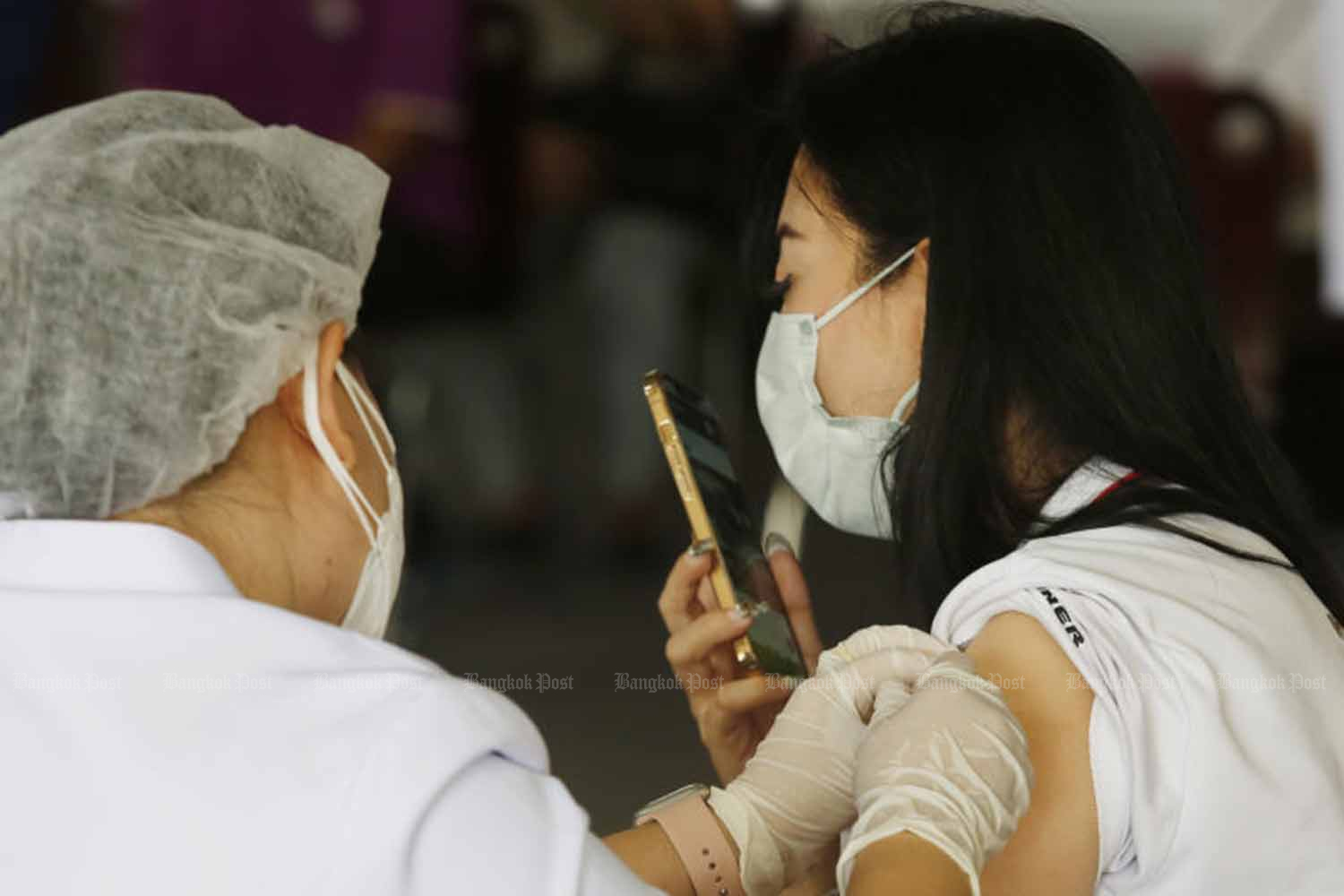
The number of people infected with seasonal influenza has surpassed 970,000 so far this year, three times more than for the same period last year, the Department of Disease Control (DDC) says.
Among those infected, one has died -- a 39-year-old man with a history of alcoholism and liver disease, said Dr Sopon Iamsirithaworn, deputy director-general of the DDC.
While people in the at-risk group, including those over 65 years old and anyone living with chronic disease, are advised to get the influenza vaccine as soon as possible, everyone else is encouraged to isolate and wear a face mask if infected, he said.
People in an at-risk group can seek a flu shot at the closest state-run healthcare facility, he said.
Frequent hand washing is also recommended as an infection prevention measure, he said.
Despite the triple rise in new influenza cases, the H1N1 strain, which has infected people in Thailand for about 14 years, is still dominant, he said, adding the virus isn't normally virulent.
While more people are contracting influenza, rumours are going around that people who have recovered from Covid-19 or have been vaccinated may develop severe influenza symptoms upon infection, he said.
This is unlikely to be true because there have been no credible reports on the matter, he said.
Seasonal influenza symptoms include fever, coughing, headaches, muscle and joint pain, severe malaise, sore throat and runny nose, according to the World Health Organization.
The cough can be severe and last two or more weeks, Dr Sopon said. Most people recover in a week without requiring medical attention, he said.
However, influenza can cause severe illness or death, especially among people in at-risk groups, he said.